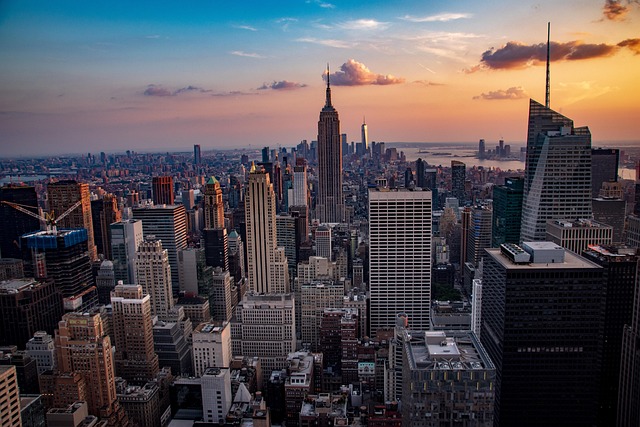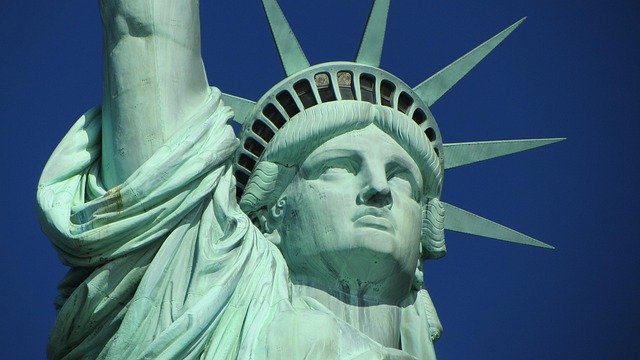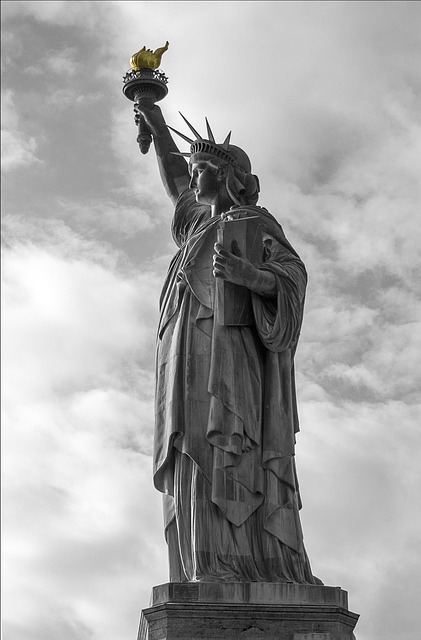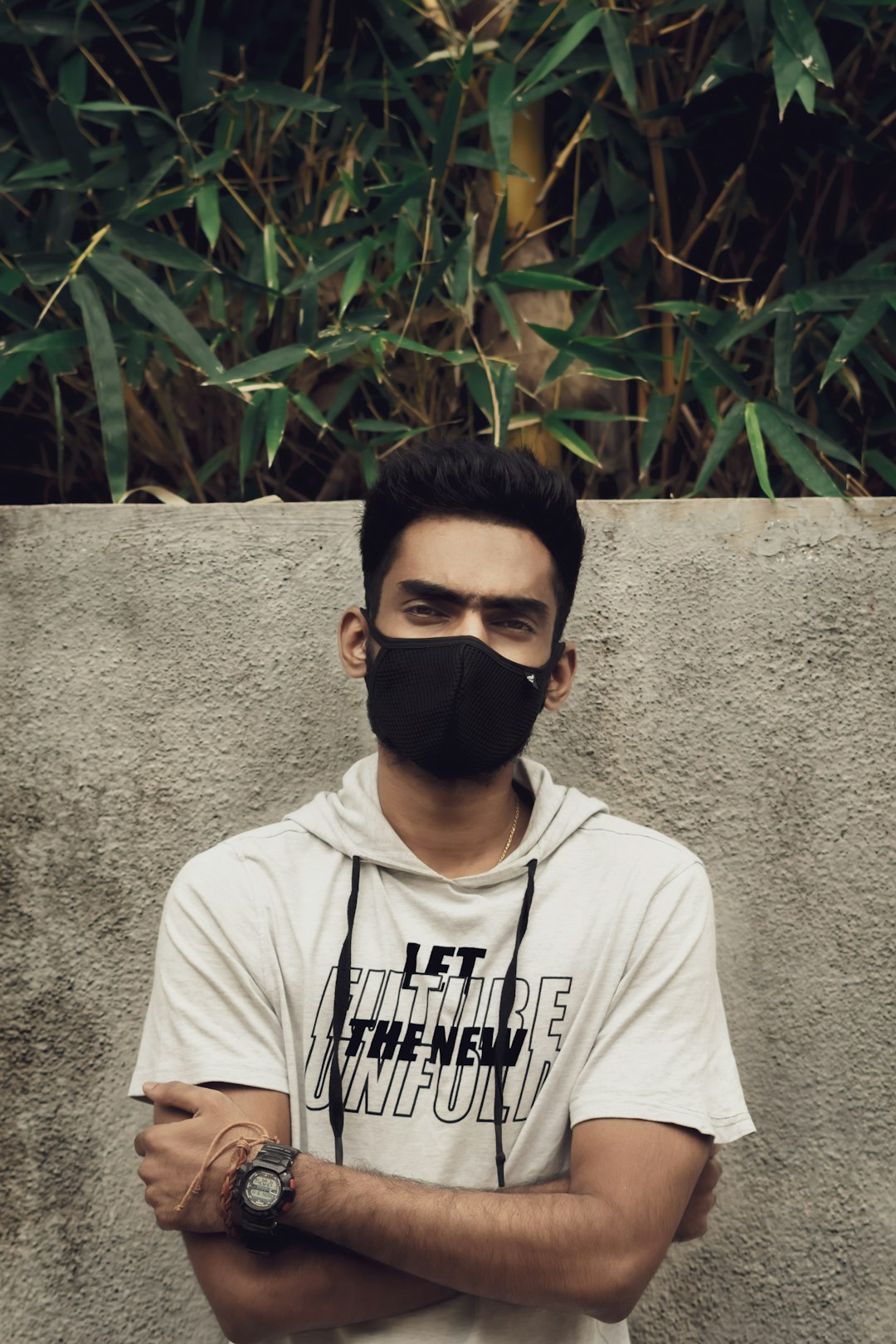In New York, where a diverse senior population resides, elderly sexual assault victims face barriers like stigma, isolation, and physical vulnerabilities. Specialized elderly sexual assault law firms offer tailored legal support, advocate for rights, and connect them with counseling and housing resources. Community initiatives, including local organizations and support groups, raise awareness, provide transportation, and ensure access to recovery resources, empowering elderly victims to seek justice and safety.
In New York, where an estimated one in ten adults are 65 years or older, the issue of elderly sexual assault demands urgent attention. This article explores the multifaceted role of community in supporting victims, who often face unique challenges due to age and vulnerability. We delve into the dynamics of elderly sexual abuse, analyze specific obstacles, and present strategies employed by community initiatives and an elderly sexual assault law firm in New York to empower survivors and foster healing.
Understanding Elderly Sexual Assault Dynamics in New York

In New York, understanding the dynamics of elderly sexual assault is crucial due to the state’s large and diverse population of seniors. Many elderly victims may face unique challenges when coming forward, including fear of stigma, isolation, and vulnerability stemming from age-related health issues or loss of independence. According to reports, incidents of sexual violence against older adults are often underreported, making it vital for communities to be aware and proactive in support.
An elderly sexual assault law firm in New York plays a significant role here by providing specialized legal assistance tailored to the needs of seniors. They help victims navigate complex legal systems, offer advocacy, and ensure their rights are protected. By working closely with community organizations, these firms facilitate access to resources like counseling services, medical care, and safe housing, ultimately fostering a supportive environment for recovery among elderly survivors.
The Unique Challenges Faced by Elderly Victims

Elderly victims of sexual assault face unique challenges that require specialized support and understanding. As they age, physical vulnerabilities increase, often making it harder for them to communicate their experiences and seek help. Many elderly individuals may also experience cognitive impairment or live alone, which can further isolate them and make reporting and accessing services more difficult. Additionally, the stigma surrounding sexual assault and aging can be a significant barrier, leading to potential silence and lack of support.
In New York, where an elderly sexual assault law firm plays a vital role, community involvement is crucial in addressing these challenges. Local organizations, care facilities, and volunteers can provide much-needed assistance by raising awareness, offering transportation to legal services, and ensuring victims have access to tailored support groups. These initiatives foster a sense of safety and empowerment among the elderly population, encouraging them to come forward and pursue justice.
How Community Support Can Make a Difference: Strategies and Initiatives

Community support plays a pivotal role in empowering elderly victims of sexual assault in New York, offering them strength and resources to navigate their traumatic experiences. Initiatives led by local organizations, non-profits, and concerned citizens create safety nets that can significantly improve recovery outcomes. These strategies involve education programs to raise awareness about elder abuse, including sexual assault, within the community. By breaking down stigma and silence surrounding this issue, residents become more vigilant and better equipped to recognize signs of potential abuse.
Additionally, support groups facilitated by an elderly sexual assault law firm in New York provide a safe space for victims to share their stories, connect with peers facing similar challenges, and access specialized legal services. These initiatives foster a sense of belonging and empowerment, encouraging victims to take control of their recovery. Community-led efforts also include training programs for healthcare providers, caregivers, and family members to recognize and respond appropriately to potential cases of elder sexual abuse, ensuring comprehensive support for vulnerable individuals.





